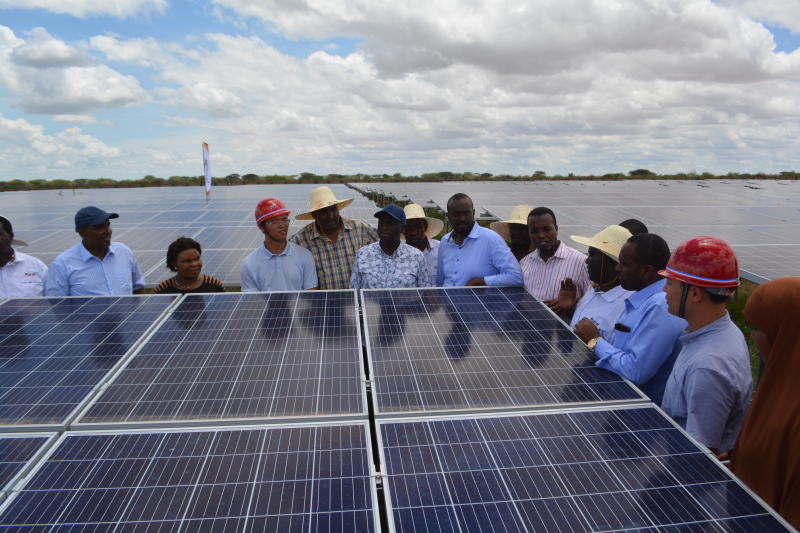×
The Standard e-Paper
Stay Informed, Even Offline

On an overcast Monday morning this week, local and international experts in renewable energy struck confident poses as they discussed the benefits of renewable energy.
They were at the premises of the Missionary Benedictine Sisters in Windy Ridge, Karen, Nairobi.